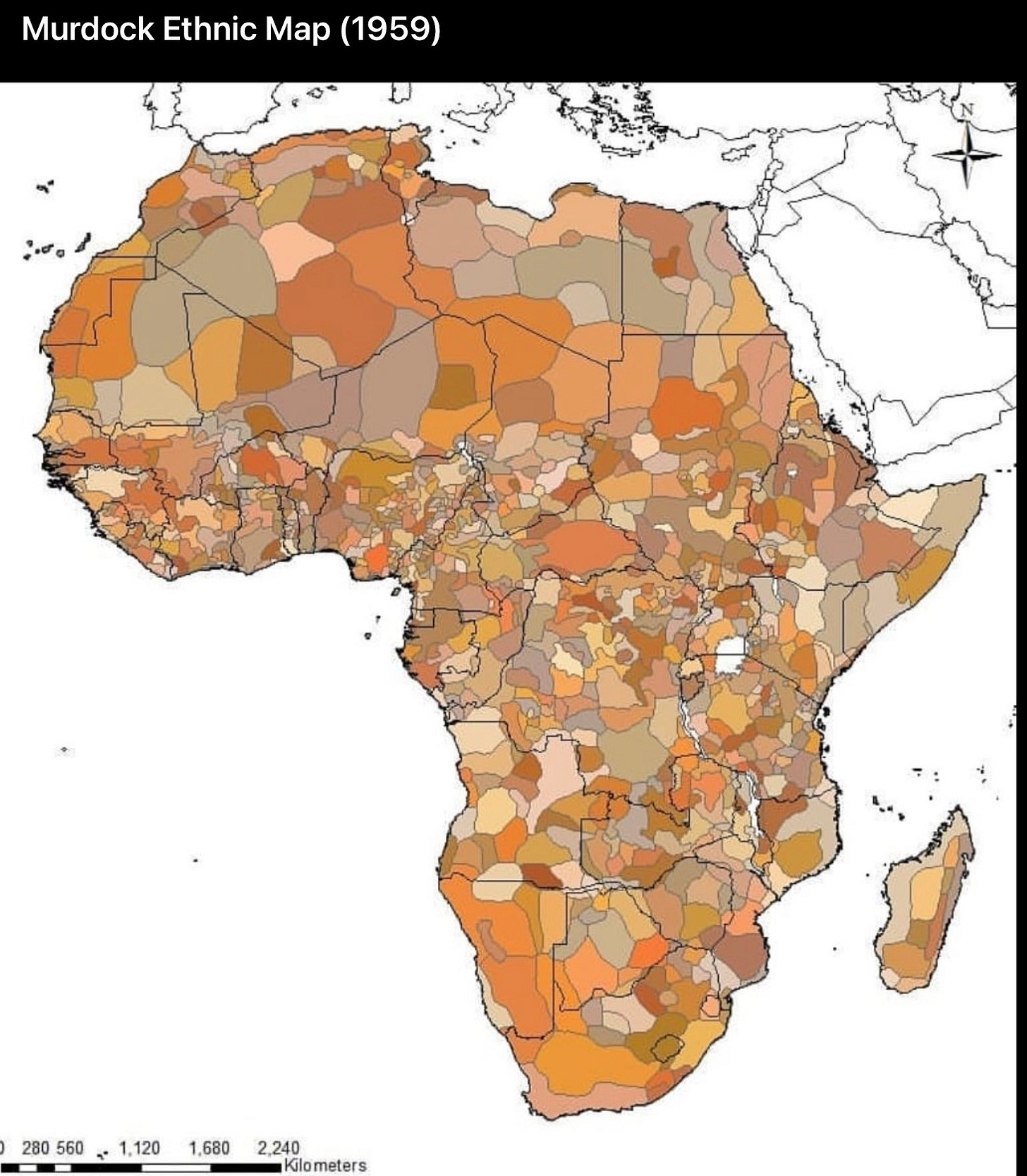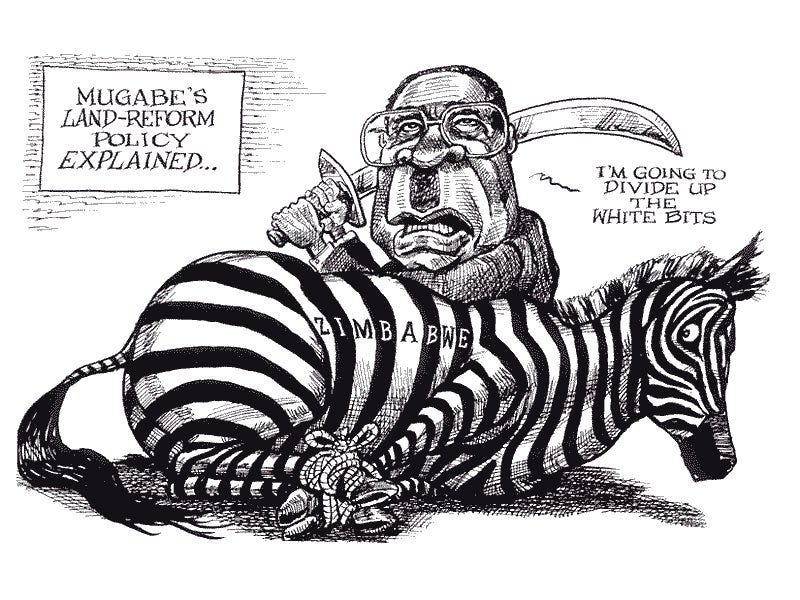Why South Africa Matters
A parable for the broader Western World.
One of the great benefits of traveling the world can be the expanded perspectives gained from the experience. I say can be in that this doesn’t include those who vacation at a Sandals resort in the Bahamas or go on a Carnival cruise to Cabo, coming home thinking they learned the culture. No, visiting parts of the world as in if in one big amusement park, margarita in hand, does not equate to gaining knowledge of cultural dynamics for the people and the land. This is tantamount to going on a tour of Hollywood and claiming an understanding of California as a whole.
Yet for those who spend extensive time living and working overseas, observing daily interactions, conducting business and having consistent contact with the locals, this formulates a broader viewpoint of the country. This is especially true for whole continents such as Africa. Many who have never been to there formulate ironclad beliefs on how things operate. While having not visited the Southern tip specifically, I have traveled through different parts before during my career. The picture painted by mainstream media and what is found on the ground are practically opposite.
AFRICA
Aside from the looming problems I have written about before, the continent of Africa fascinated me growing up.
I eagerly read articles about the diverse cultures and landscapes of the continent. Having been blessed with parents who encouraged and instilled a love of knowledge, my bedroom shelf became filled to the brim with issues of National Geographic and other publications describing far off lands. Learning about the Serengeti and seeing Victoria Falls set my young imagination afire with visions of a wild untamed wilderness.
This diversity of wildlife and landscapes extended to the multiple tribes and dialects found within the continent. With over 3000 tribes in Africa, it is easily the most diverse place on earth.
This diversity has not turned out to be a source of strength for the continent.
South Africa and the Afrikaner
The historical background of South Africa has been covered by The American Tribune in multiple essays, and I cannot improve upon their excellent work. Here is a thoughtful piece on the idea of equity that many in the South African Parliament have in mind, whether spoken or intended.
Trump turns the Focus to SA
The plight of the White South African was highlighted during the White House visit of president of South Africa Cyril Ramaphosa. In his usual unorthodox way, President Trump put an undeniable spotlight on the numerous targeted killings of White farmers in their homes (along with the murders of Black South African workers) that have plagued the nation in the aftermath of the African National Congress (ANC) assuming power in 1994. He showed the South African delegation videos of memorials to the murdered White farmers as well as political rallies of Julius Malema, founder and leader of the Economic Freedom Fighter party — an unapologetic communist party that is the fourth largest within the National Assembly of the Parliament in South Africa.
The belief in a rainbow nation full of harmony and unity has not materialized, and to keep in line multiple tribes in a political faction, one must identify an enemy. The Whites of South Africa are an easy target for ANC’s failures post-Apartheid.
To see attempts at justifying land “reforms” that argue taking away White farms and giving them over to Black Africans in the name of racial justice would be comical if the results of other similar reforms were not so tragic.
Seeing defenders of murderous political slogans sung at rallies directed at the Boers makes one question their sanity.
Legacy Media Response
Already seething over the admittance of less than 100 White South African refugees to the US, the response from Legacy Media covering the White House meeting was swift and typical.
Fact-checking Trump’s claims of white farmer ‘genocide’ in South Africa
Trump’s Ramaphosa ‘ambush’: Key takeaways from heated White House meeting
In making his case against South Africa, Trump relied on ‘evidence’ that wasn’t real
In South Africa, Trump’s false claims spark a renewed racial reckoning
The difference between eminent domain versus race-based land conscription with no compensation was lost on the New York Times.
Why this matters
The parallels of South Africa and America cannot be denied. While the United States is 8 times the size of South Africa, similar racial politics still play out. The South African generations that came after 1994 are considered The Born Free. This means they did not grow up with the policies of Apartheid. The Boers are a convenient target for the ire of this generation.
In America, many generations have come after the hallowed Civil Rights era, with six decades and numerous pieces of legislation being passed to keep the house of cards of colorblindness enforced. Even with all of this, calls for reparations and racial set asides only seem to grow louder year after year. Every disparity, whether social, cultural, or in economics is chalked up to the holy ghost of racism.
It should not have to take chants of death at a future US political event to realize the folly of acceding to calls of racial grievances to understand how this leads to the downfall of Western Civilization.
South Africa is merely a bellwether.







https://open.substack.com/pub/lfaraday/p/black-tax-and-refugees-of-the-second?utm_source=share&utm_medium=android&r=3wepe7
This is from Scroll XVI of my project The Hidden Clinic. I wrote it as a prayer—not a statement. Not for applause. Just rhythm for witness. https://thehiddenclinic.substack.com/p/to-the-ones-who-were-set-on-fire